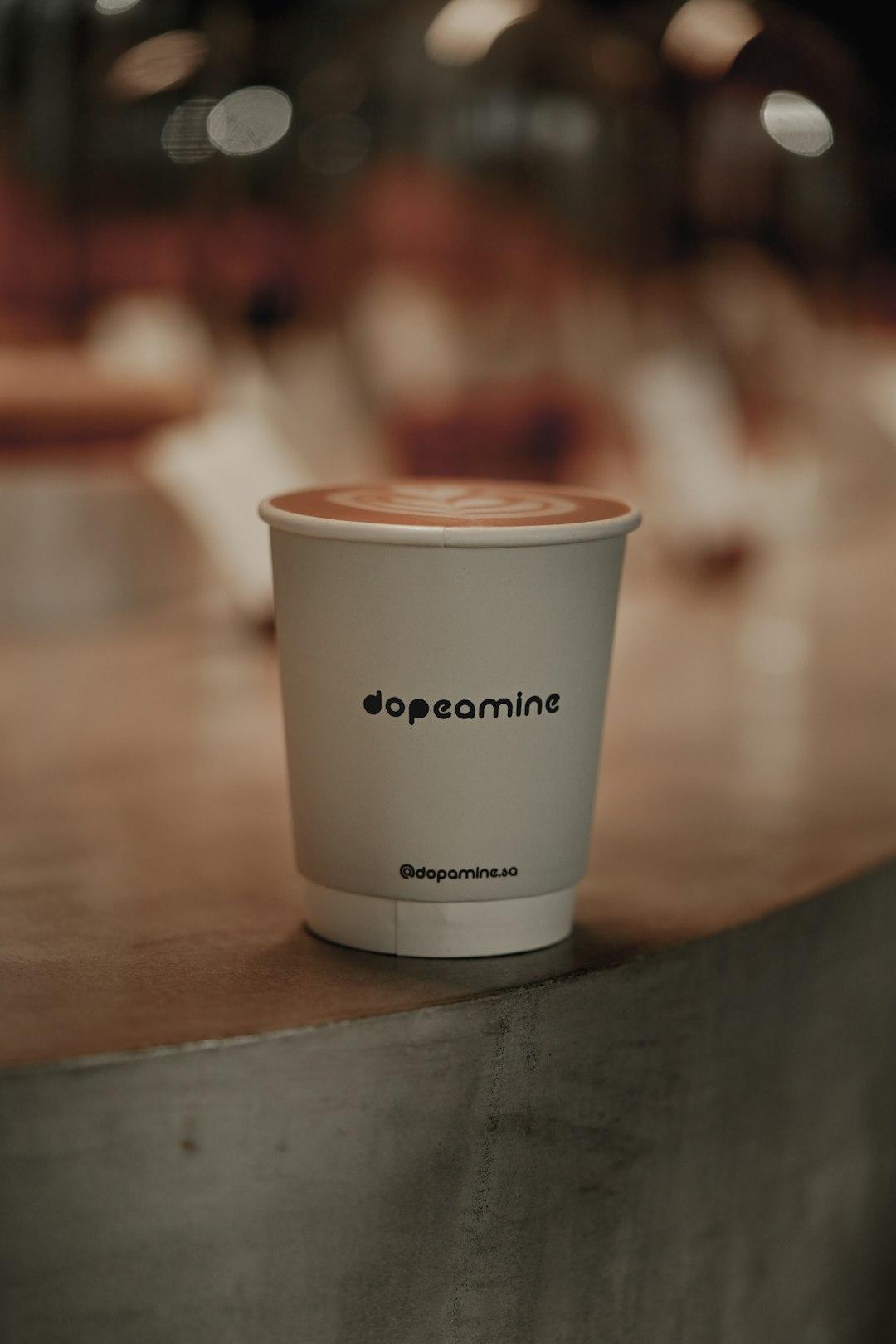Types Of Happy Hormones: Dopamine
Also known as the ‘reward’ high, it is a happy chemical released in the brain as a reward for anything that is pleasurable. It is a short-lived feeling that goes as soon as it comes.
The plus side is that it is also felt when we achieve any goal, or even when we simply tick a box in our to-do list.
201
714 reads
CURATED FROM
IDEAS CURATED BY
The idea is part of this collection:
Learn more about personaldevelopment with this collection
The role of coffee in social interactions
Different types of coffee and their preparation
The impact of coffee on society and economy
Related collections
Similar ideas to Types Of Happy Hormones: Dopamine
Dopamine - the feel-good motivation hormone
It makes you happy while also keeping you alive & alert. This chemical is part of the brain’s reward system — it’s what gives you pleasurable sensations and keeps you coming back for more. Dopamine is considered to be the motivational cog in this system, and it’s naturally releas...
Dopamine and Pleasure
It rewards our enjoyable experiences (eating tasty food or doing fun things), Motivates us to repeat these behaviors by creating a feeling of pleasure forming addictive patterns.
How dopamine works:
- Lnked to brain's reward system, released when we do something pl...
Dopamine Functions
Dopamine is an important chemical messenger that plays several important roles in the brain and body:
- It influences moods and feelings of reward and motivation: When released in large amounts, it creates feelings of pleasure and reward, which motivates you to repeat a specific ...
Read & Learn
20x Faster
without
deepstash
with
deepstash
with
deepstash
Personalized microlearning
—
100+ Learning Journeys
—
Access to 200,000+ ideas
—
Access to the mobile app
—
Unlimited idea saving
—
—
Unlimited history
—
—
Unlimited listening to ideas
—
—
Downloading & offline access
—
—
Supercharge your mind with one idea per day
Enter your email and spend 1 minute every day to learn something new.
I agree to receive email updates

